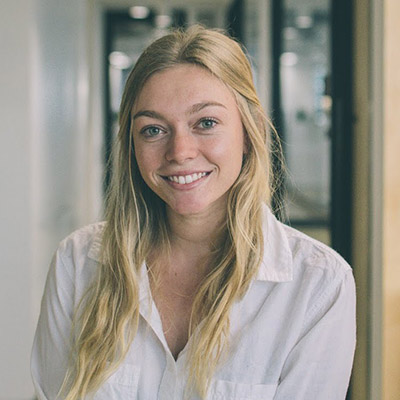
By Ashlee Craig
Travel Writer20 Jun 2019 - 5 Minute Read
It was my first time in a black market – it’s illegal to buy or sell goods anywhere apart from state-run markets. I scanned the street, expecting threatening vendors, stalls in dark corners, and contraband hidden behind sheets. Instead, families gathered around tables of fruit, sodas, and books, holding bags of goods in the open and laughing as they greeted each merchandiser like an old friend.
I followed Roberto as he walked with purpose around the corner and into a narrow alleyway, which was draped wall to wall with clothes, shoes, and other consumer goods. Brands such as Nike and Adidas were displayed on the stalls of stationery and vegetables, juxtaposed against portraits of Fidel Castro and the Cuban flag. Roberto caught my gaze. “A country of contradictions, amiga,” he laughed.
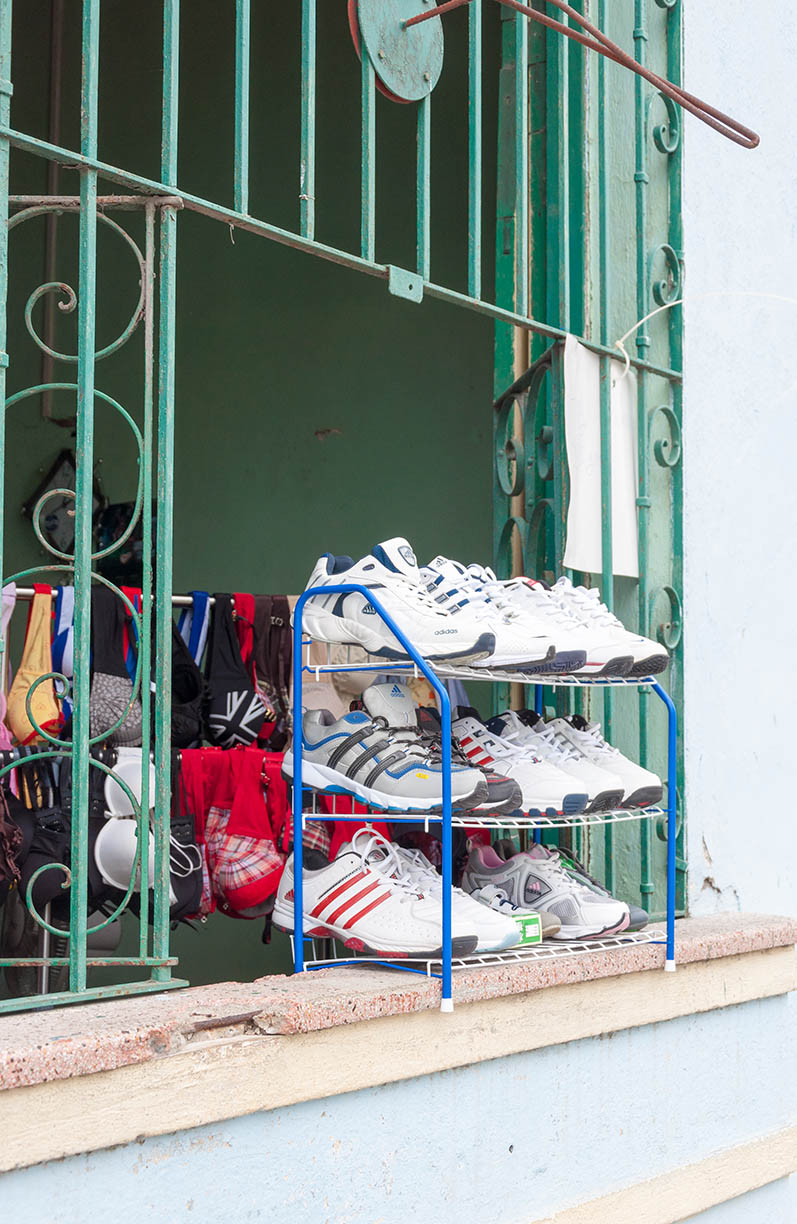
We continued through downtown Havana, along the cobblestone streets and into different Baroque-style buildings, reminiscent of the previous European influence. The details of Spanish, French, and Italian decor were overshadowed by the vibrant Cuban colors that had unfortunately faded with age. Each corner brought new stores and a barrage of new faces, all eager to sell their illegal goods. “Viagra, Viagra,” one man yelled, “¡Seis horas arriba, amiga!” I laughed and continued across the path in search of our desired product.
“Remember what we need,” Roberto said, as he searched ahead of me. I nodded. Roberto was the owner of my hostel in Havana. Or, more accurately, I was one of the traveling guests in his home, as hostels don’t exist in socialist Cuba. In my eyes, he was the embodiment of his country. There would be nights at the dinner table when Roberto would engross us in socialist discussions, pro-government ideology, and anti-American mantras, all the while ironically running his own private capitalist enterprise – the guest house, or casa particular. It was a side hustle, Roberto liked to say, if I was ever to point out the irony.
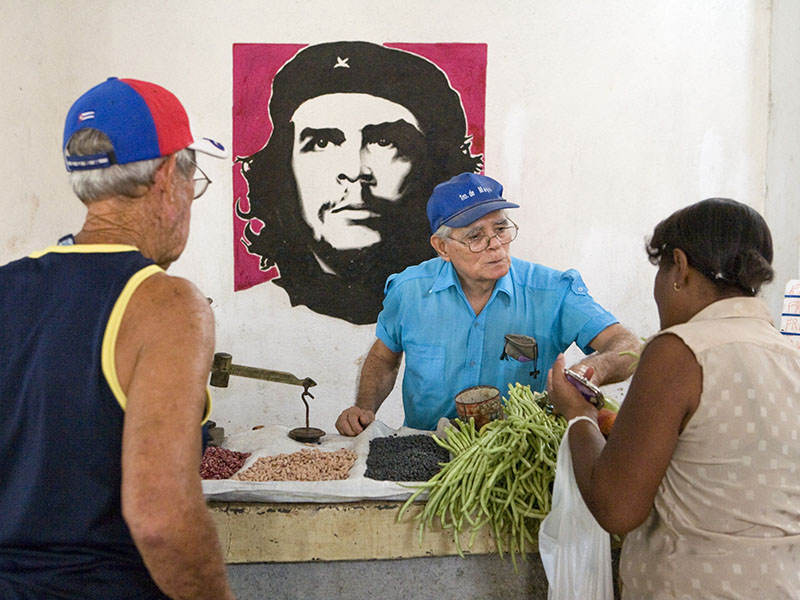
Most Cubans have side hustles, whether it be a casa particular, selling goods on the black market, or driving guests in collectivos (taxis) to different cities. According to the locals, it’s necessary, due to the wage and rationing system put in place by the Government after the revolution.
We continued winding between stalls of milk, fresh water, and magazines, under the beaming sun, until eventually an hour had passed, and still we had no luck. “No, sorry, amigo, everyone is looking for it today. Good luck,” a vendor said to Roberto, and turned back to help another woman searching for bananas.
“Amiga,” Roberto turned to me and said, “Enjoy the city, and I will continue.” He wiped sweat from his forehead and looked toward the expansive array of vendors he was yet to confront.
“Buena suerte, amigo,” I replied.
I awoke in the next morning in Roberto’s casa particular with the several other travelers in my room. A faint smell of fried eggs wafted from the kitchen. He had found the eggs.
This story was a shortlisted finalist in the 2019 World Nomads Travel Writing Scholarship.
Discover similar stories in
discovery
Travel Writer
Ashlee Craig is an aspiring travel writer and has contributed to a variety of online publications since graduating with a degree in Journalism.
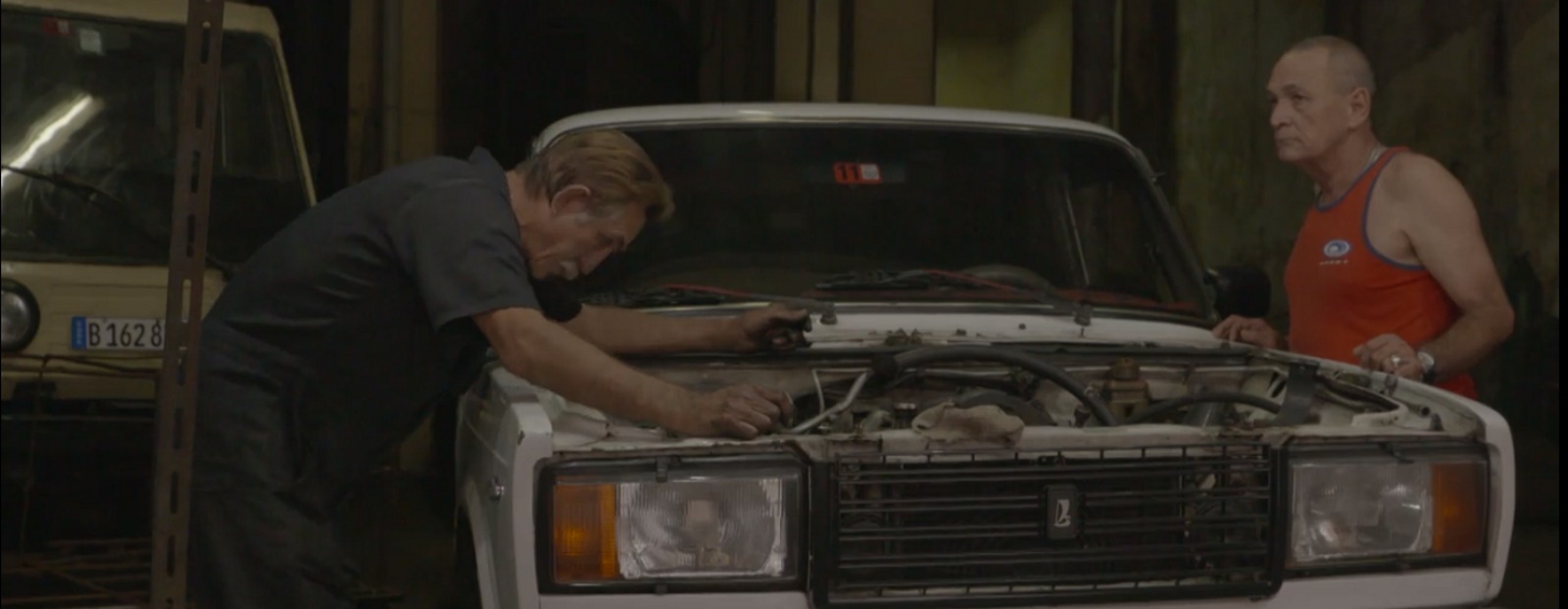
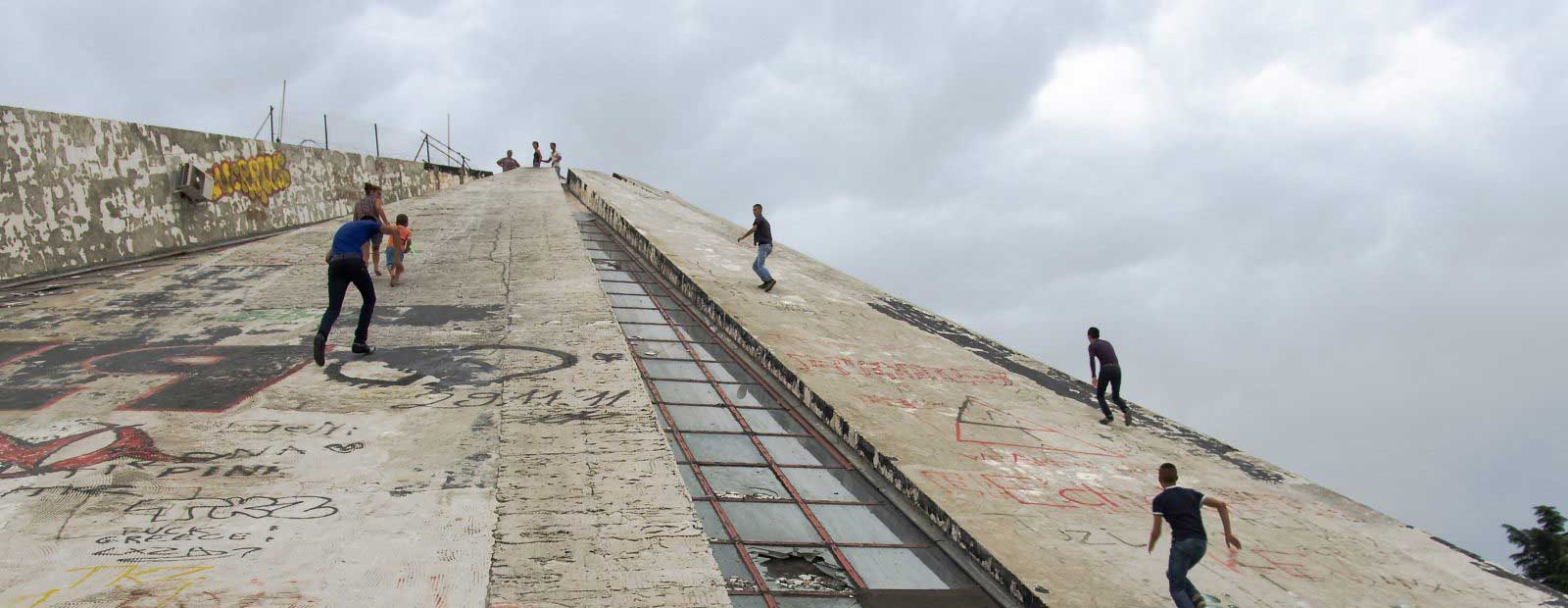

No Comments